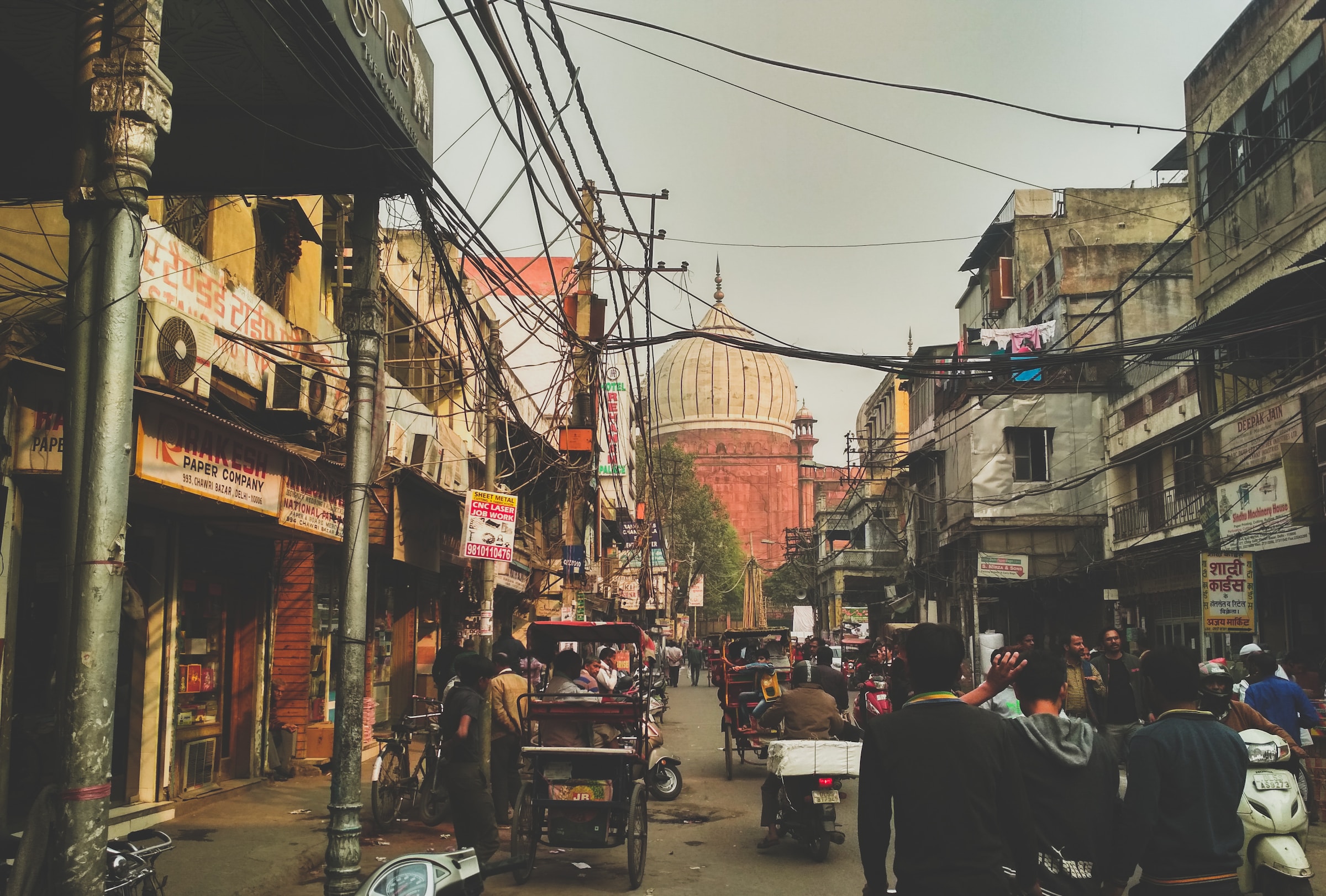
December 17, 2023
New Delhi
Eyes shut, I navigate the streets on my bike, walk the roads, and linger at the busy crossroads near Saket Metro, where the cacophony of honks has a distinct way of making its presence felt. The reverberations of car and motorcycle horns and groaning engines are sharp and intrusive. They almost pierce through my body, violating its inner balance. Strangely, this intrusion is deemed neither a privacy breach nor a crime against the delicate harmony of bodily functions.
There could be accusations of exaggeration, but I still ponder: What if a knife or a needle, not necessarily used for medical reasons to save a life, penetrated my flesh? What if an anonymous passerby enacted such violence? How would society look at the person? How would the law look at that person, and how would that person look at himself? The social gaze, legal judgments, and self-reflection – all intertwine in this scenario. If I compare that knife or that needle with the honk, will there be charges against me for exaggerating my imagination?
I provoke this thought to redefine the unbearable noise of traffic horns as a tangible intrusion. It penetrates. Not only the internal and tender organs of the body but also the mind’s recesses. As they enter the body, the sounds vibrate through the various surfaces of the skin, vibrating the cells, the tissues, and the nerves. They vibrate the heart, the flesh and the bones. They move everywhere.
Blaring horns, despite causing lasting psycho-physical harm, tend to escape the charges of criminality. Noise, dismissed as a trifling nuisance, eludes our scrutiny. There is an assumption that shields its culpability. We tend to digest the hazards of noise deeming it to be a soft poison. To the environment, to us, a feeble trait of criminality gets obliterated. We end up assuming it is benign to our bodies, minds, health, and society. Is it really that benign? I think, this assumption blinds us to the criminality of noise. It will always be overlooked, if we try to look for facts and figures. The point is to hear, to listen, and directly encounter the noise. We have to listen to the depth and magnitude of loss caused by noise pollution. If required, with eyes closed and reduced distractions. Slowly, we will have to hear the subtle movements within our bodies and the world outside; only then can we feel and realize the depth and magnitude of loss.
Am I doing too much by drawing parallels between weapons and horns? Who dares embrace such an analogy in a world where innocent bodies fall prey to thunderous weapons, that lay bare our complicity in the repository of wrongs and injustices woven across the planet? We have forged a pact, a sinister peace, vowing to abstain from resisting the hands that wield these transgressions. The sins and injustices etched into the very fabric of our world remain immune to our condemnation, for we have tacitly agreed to a selective resistance. Only when these wrongs and injustices carve themselves against the canvas of our own bodies, our own flesh, do we stir from our indifference? The planet’s demise becomes inconsequential beyond the boundaries of my own body; the vessel destined to witness the world outside crumble into decay.
